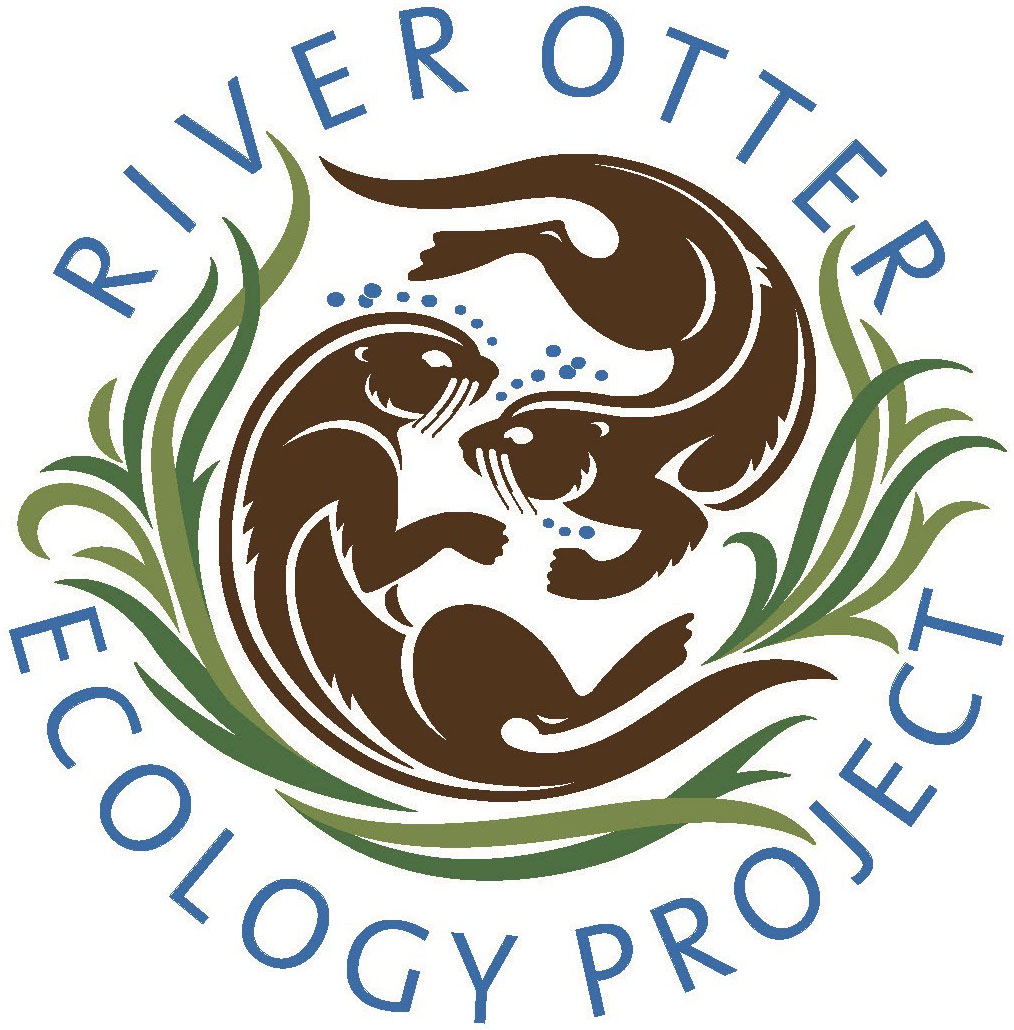How Can We Help Otters?

KNOW YOUR WATERSHED!
Choose a nearby stream, lake or marsh. Take a walk, watch birds, find out what animals, plants and other living things live there. You can’t protect what you don’t know.

VOTE VOTE VOTE
…and speak out, both locally and nationally. Support environmental legislation, such as the EPA, Clean Water and Clean Air Acts. Keep informed, and let your legislators know that you support strong protection for the environment.

PICK UP TRASH
…and dispose of it properly. It makes its way into waterways and the ocean very quickly.

DRIVE SLOWLY
There are surprisingly many river otter deaths by car strike. Please see our Bay Area map. (Click on the tab “Sightings Map.”) The red crosses indicate otters hit by cars.

WASH YOUR CAR AT A CAR WASH
…instead of allowing contaminated water to run off into storm drains. Storm drains go directly to streams.

DON’T ADD TO PAVED SURFACES
Instead, use permeable pavers to allow rainwater to sink into the ground and replenish groundwater.

VOTE FOR CONSERVATION CANDIDATES
Pay attention to how politicians stand on conservation issues like open space and stream and ocean protections.

DON’T USE ROUNDUP
It is not harmless, and is extremely damaging to fish.

DON’T USE CHEMICAL FERTILIZERS
Plant native plants appropriate for your garden. It’s easier, cheaper, and you’ll have a more successful garden.

JOIN A WATERSHED GROUP
…and participate in events as a volunteer.

PLANT RIPARIAN VEGETATION
… if you own property along the side of a stream. River otters and all animals love willow thickets. Consult a gardening guide or garden store to find out what good native plant choices are for your area.

DON’T BUY BOTTLED WATER
It’s unnecessary unless you live in Flint, it’s wasteful of oil, it adds plastics to the system, and it’s less regulated than you might think.

DON’T POUR TOXIC HOUSEHOLD CHEMICALS
…down the drain. Take them to a hazardous waste center. Have an area in the garage or shed to save them for proper disposal.

DON’T USE RODENTICIDES
Rodenticides not only kill rats and mice by causing catastrophic internal bleeding, but cause secondary poisoning to any other animal that preys on the dying rodent. Raptors, pets and even children have been harmed or killed by secondary rodenticide poisoning. Use snap traps and/or exclusion instead.

DON’T USE PESTICIDES
Instead, use Integrated Pest Management practices (google it and find many excellent, organic suggestions).

GOT A SEPTIC TANK?
Make sure it’s working properly; have it inspected every 2 years.

DON’T LET CHEMICALS FROM YOUR SKIN
… get into streams or lakes, eg., from lotions, perfumes, sunscreens. They have chemicals that can harm aquatic organisms.

DISPOSE OF DOG OR CAT WASTE
…in the trash, and pick up after your dog or cat. Their feces can be harmful to sea otters as well as other animals.

WATER IS PRECIOUS
…no matter how much rain we get! Take shorter showers, turn off water when not in use. Don’t pour toxic household chemicals down the drain. Take them to a hazardous waste center. Have an area in the garage or shed to save them for proper disposal.

HOW ABOUT PLANTING A RAIN GARDEN?
…and collecting rainwater in a cistern/rain barrel!

NEVER FLUSH OLD MEDICATIONS
…of any kind. Dispose of them in the garbage, or some pharmacies have collection days.

USE DRIP IRRIGATION
The water runs very slowly through a drip system into the ground, getting where it needs to be and not running off wastefully.

ARE YOU A FISHER?
Make sure you pick up used fishing line and hooks!

TALK TO FRIENDS AND NEIGHBORS
…about how you’re working toward healthy watersheds, and recruit them.

IF YOU’RE ABLE TO SUPPORT
…your favorite environmental organizations financially, please do!
The River Otter Ecology Project is a registered 501 (c)(3) EIN #45-4997526 non-profit organization dedicated to the welfare of river otters and our watershed. Our organization is not affiliated with any other otter-related research group or community outreach organization.
© 2024 River Otter Ecology Project
